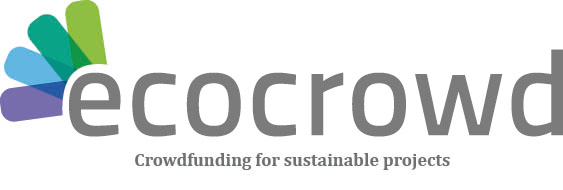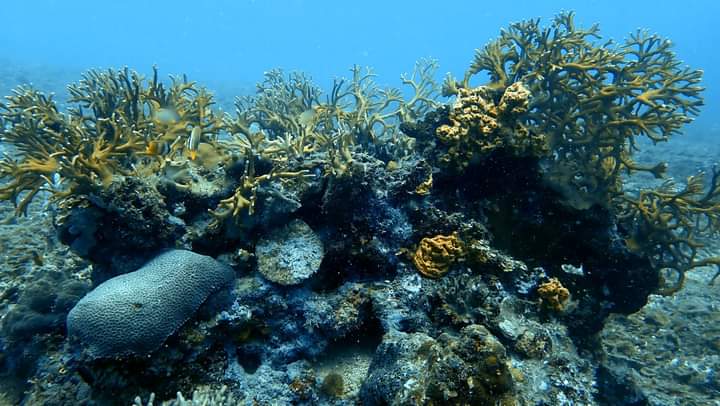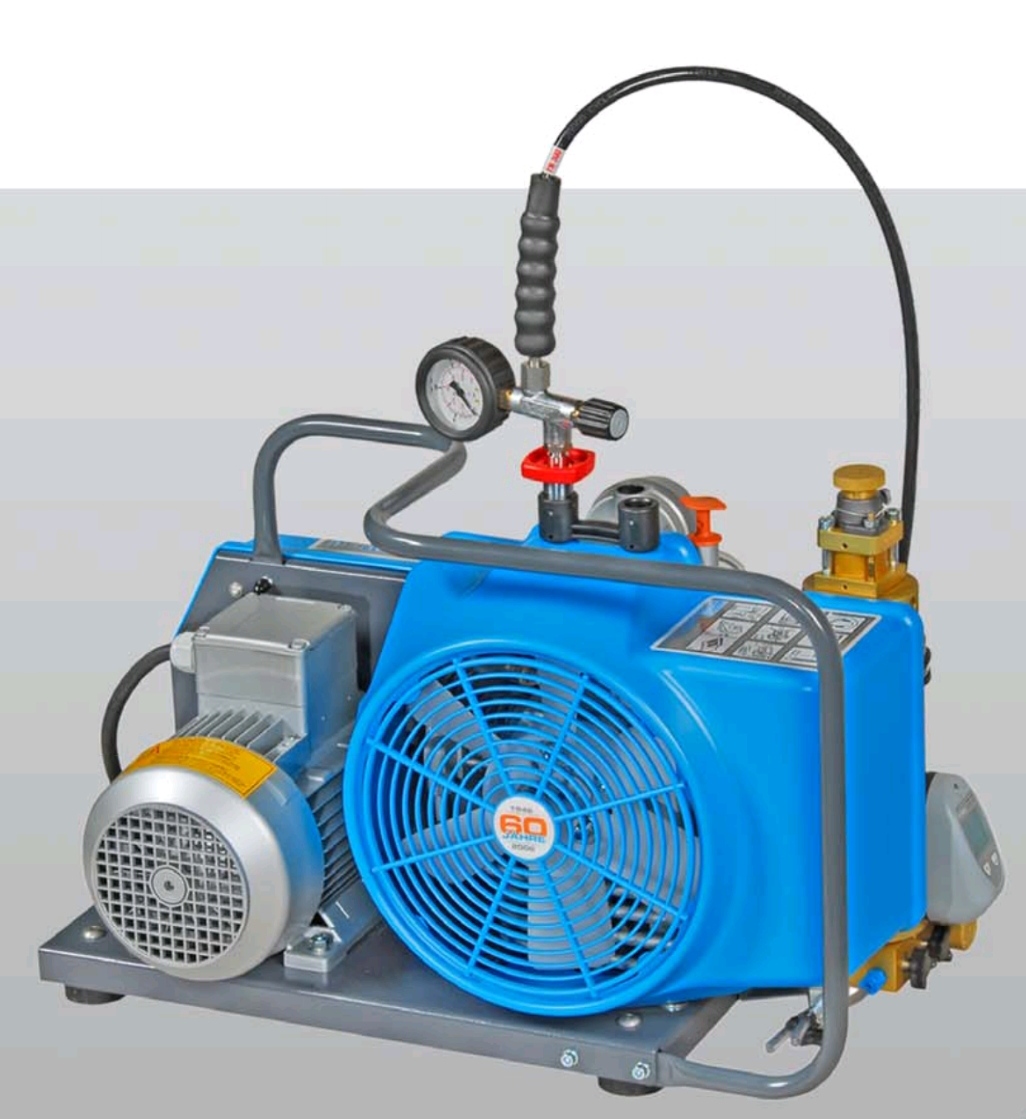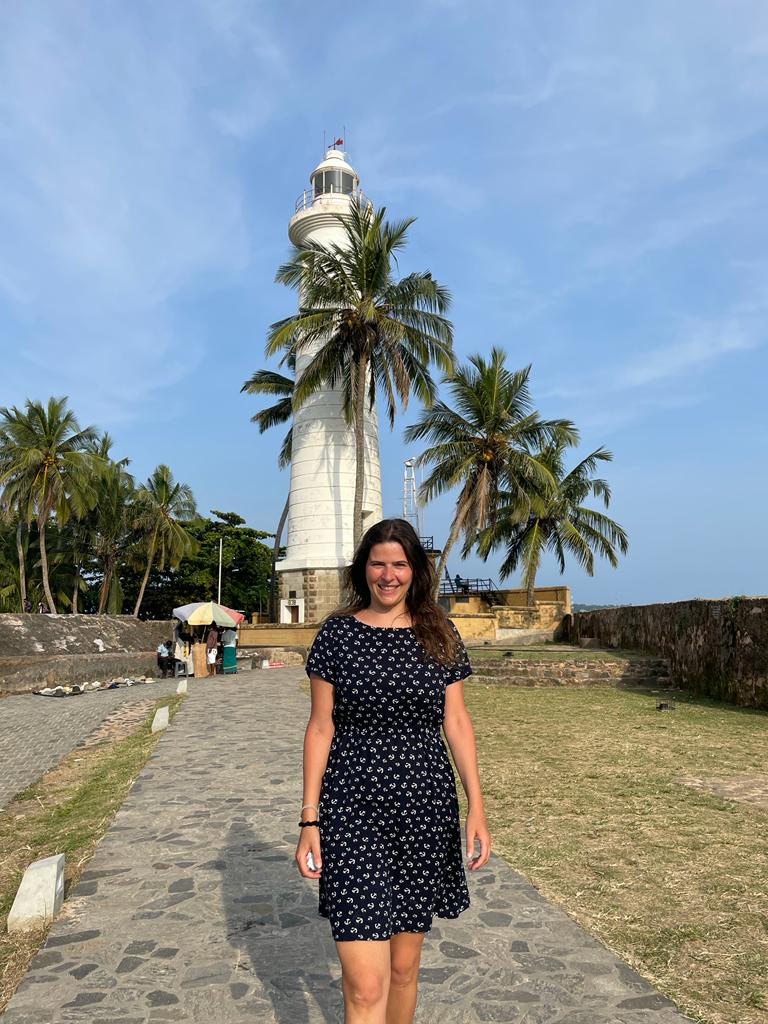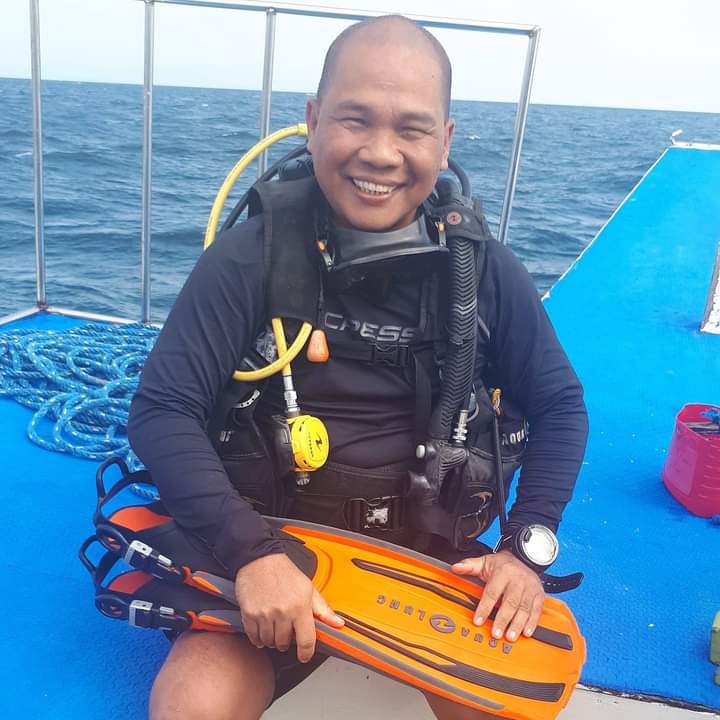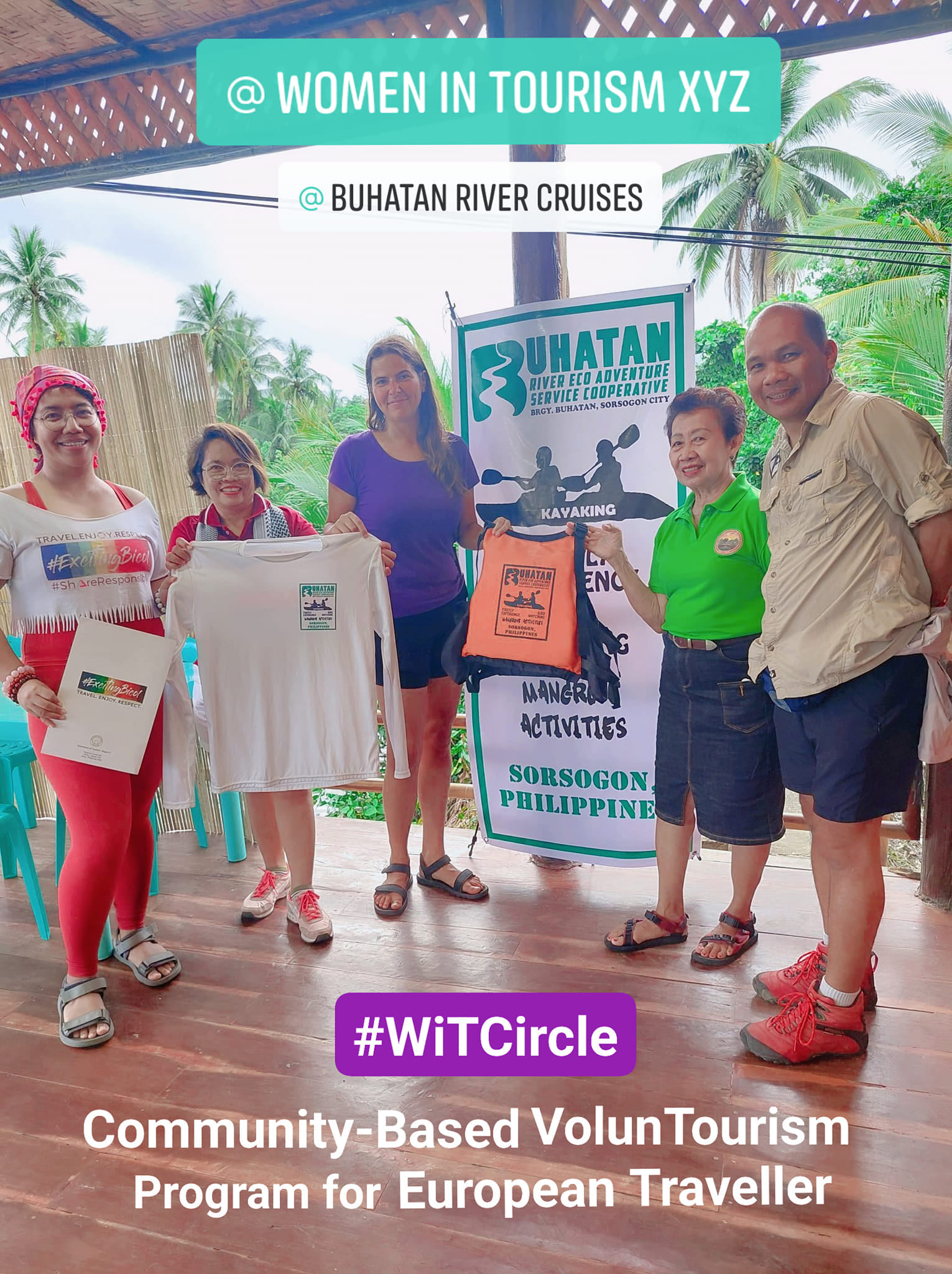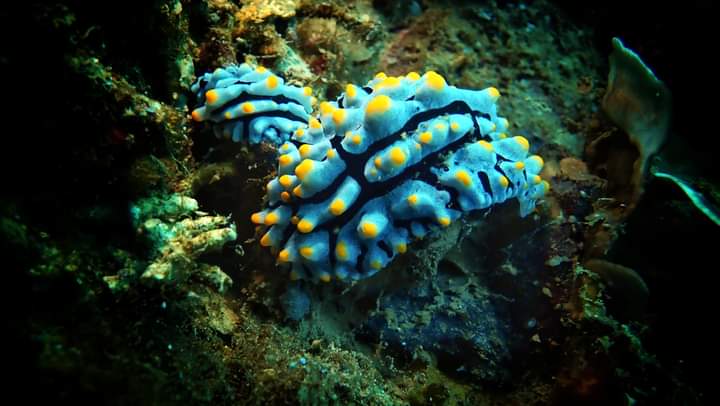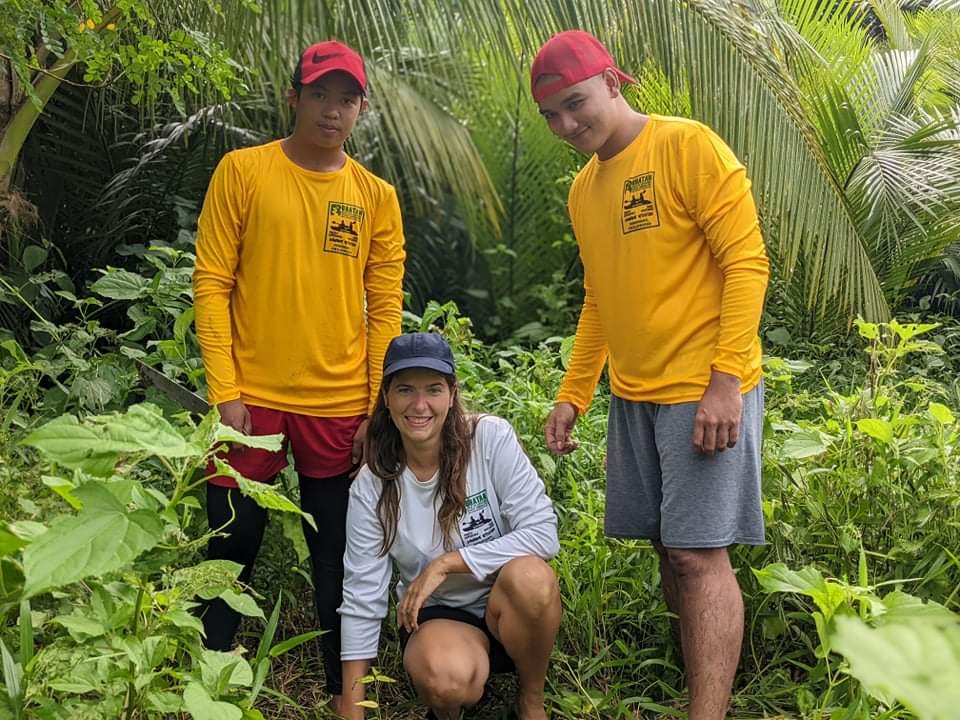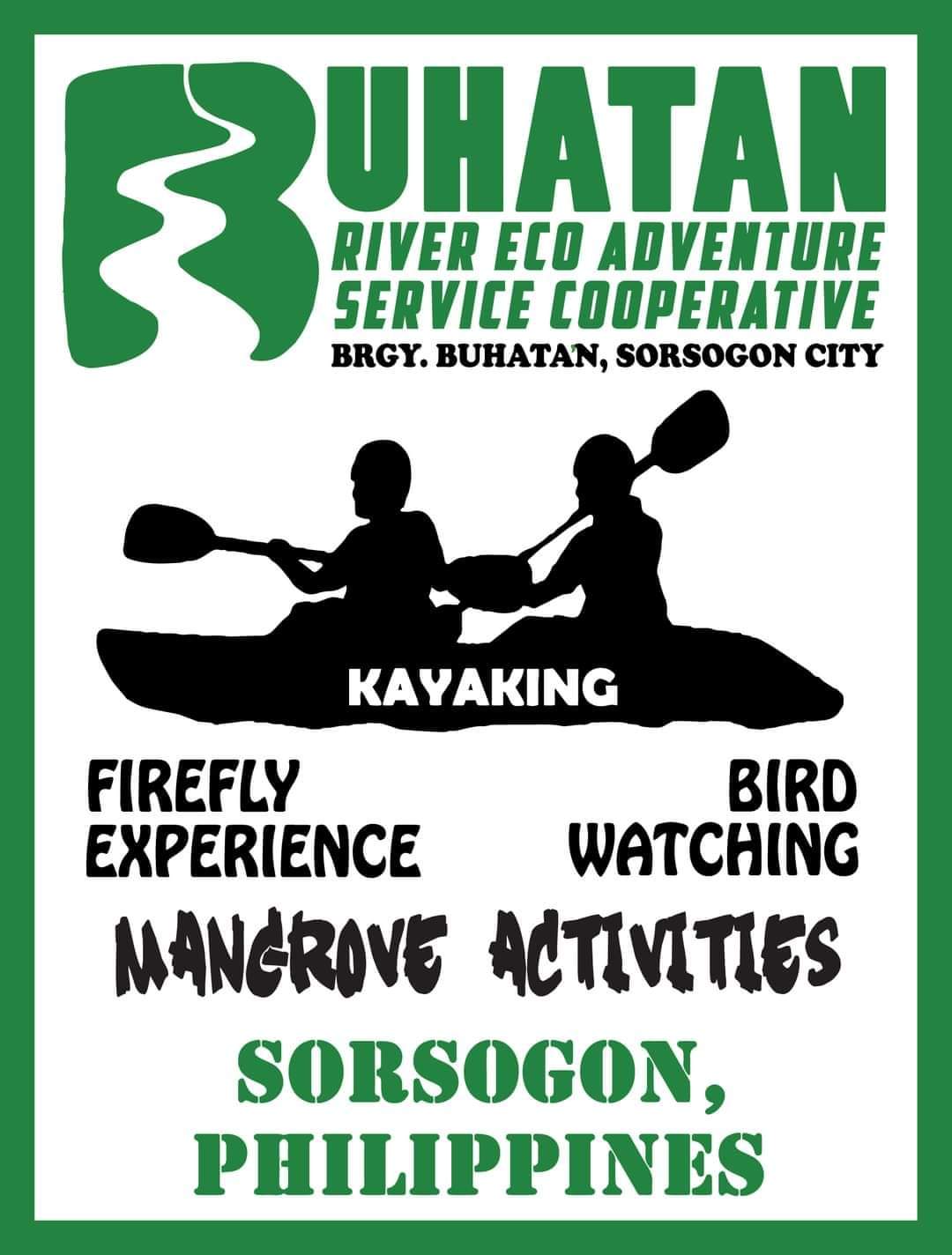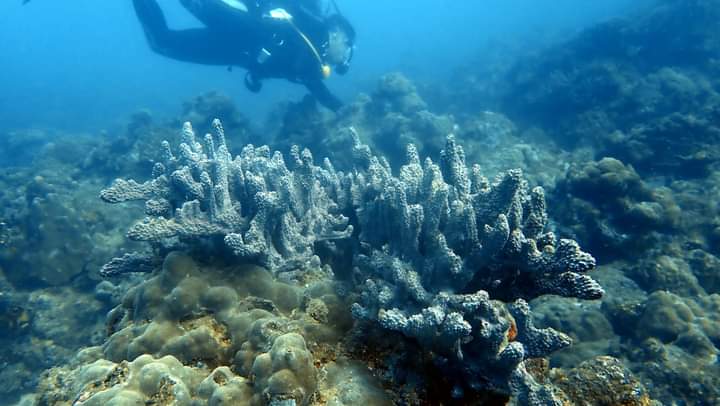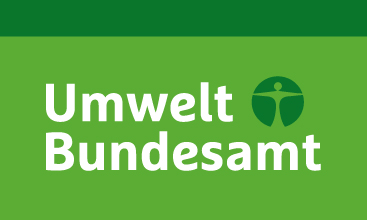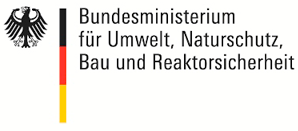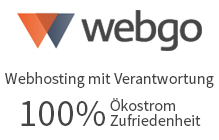Helping people help themselves – Sustainable diving project at the Philippines (Bacon beach/Sorsogon)


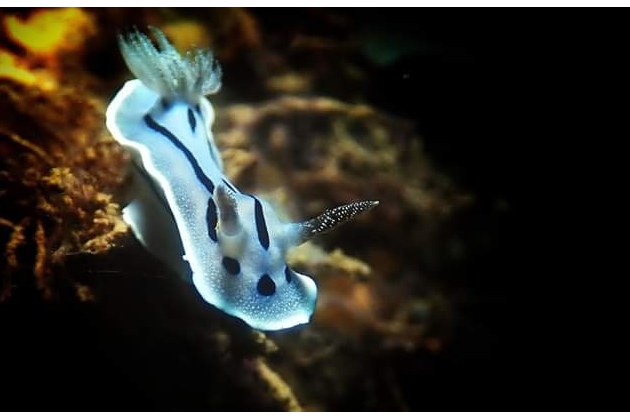
-
Backers
0
-
Funded
0 €
-
Stage goal
3.000 €
Added value for the environment
The project saves or improves the areas of ...
|
human
|
☆ ☆ ☆ ☆ ☆ |
|
ground, water, air
|
☆ ☆ ☆ ☆ ☆ |
|
|
|
|
animals and plants
|
☆ ☆ ☆ ☆ ☆ |
|
biodiversity
|
☆ ☆ ☆ ☆ ☆ |
|
|
|
|
|
Resources used
The resources used are ...
|
|
|
|
|
|
|
|
|
|
of regional origin
|
☆ ☆ ☆ ☆ ☆ |
|
|
|
|
|
|
|
|
Summary
Description
What is the funded money used for?
Why is the project an EcoCrowd project?
Tell us something about yourself.
We design the future, because ...
There are no backers for this project at the moment.
There is no blog post for this project.
